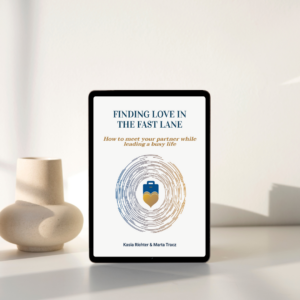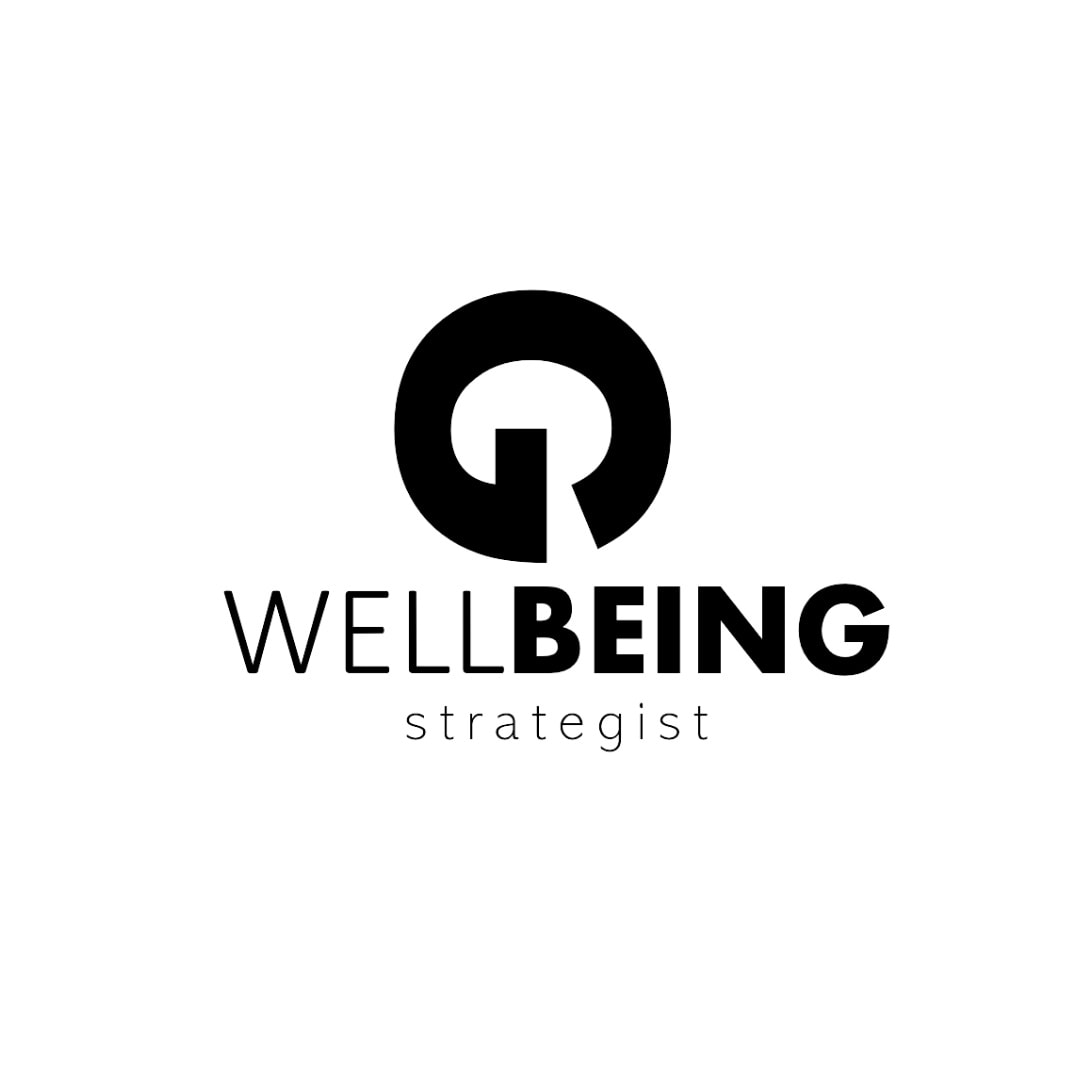What Burnout and Chronic Fatigue Really Are And How To Tell The Difference
We live in a world where it’s almost expected to be constantly busy and productive, but when do you know if it’s time to take a step back? When is the difference between being overloaded with work and having genuine burnout? It’s important to recognise the signs of burnout before it takes hold of your life. Here, we will discuss what chronic exhaustion looks like and how you can tell the difference between that and true burnout.
The Difference Between Burnout and Chronic Exhaustion
Chronic exhaustion is feeling tired all the time, even after getting plenty of sleep. Doctors do not know what causes chronic fatigue syndrome, although there are many theories — ranging from viral infections to psychological stress. Some experts believe that the syndrome may be triggered by a combination of factors.
Chronic fatigue syndrome can make you feel tired all the time, have problems remembering things, and feel sick. The symptoms can be mild or severe, but they never go away completely. You may have:
- Fatigue
- Problems with memory or concentration
- Sore throat
- Headaches
- Enlarged lymph nodes in your neck or armpits
- Unexplained muscle or joint pain
- Dizziness that worsens with moving from lying down or sitting to standing
- Unrefreshing sleep
- Extreme exhaustion after physical or mental exercise
Burnout is slightly different; it’s more than just physical fatigue. It also includes feelings of emotional exhaustion, depersonalisation, and lack of accomplishment in your daily tasks. So while chronic exhaustion can be remedied by simply making healthier lifestyle choices, burnout will take more effort to overcome.
Identifying Burnout Symptoms
To identify if you are experiencing burnout rather than just chronic exhaustion, there are certain signs to look out for. These include:
- feeling overwhelmed or unable to keep up even though you have normal energy levels,
- lack of motivation or interest in activities that used to excite you,
- social withdrawal from friends and family,
- feeling worthless,
- irritability or depression regarding work-related matters,
- difficulty concentrating on simple tasks
- feeling a general sense of hopelessness about your current situation.
If any of these sound familiar then it could be a sign that you are experiencing burnout rather than just being physically exhausted due to lifestyle choices.
Taking Action Against Burnout
It may seem impossible when you’re in the depths of burnout but there are steps that you can take to help yourself get out of this rut! Start by looking at your current schedule — are there any items on there that aren’t absolutely necessary? Can certain tasks be delegated or eliminated entirely? Once you’ve identified which items need to stay on your schedule then create some boundaries for yourself — set aside specific times for work and make sure not to let those bleed into other parts of your life such as spending quality time with friends and family or taking care of yourself through exercise or relaxation activities. Additionally, focus on one task at a time so that each job gets done properly rather than trying to juggle multiple tasks simultaneously which often leads us astray from our goals! Finally, don’t forget about self-care — take regular breaks throughout the day so that your mind has time to recharge before tackling another task head-on!
Do you have questions about burnout recovery and want professional opinion? Let’s talk. Book your free discovery call to discuss your needs.
Conclusion
Recognising the difference between burnout and chronic exhaustion is key when trying not to fall into an unhealthy cycle! Make sure that you make healthy lifestyle choices like eating well and exercising regularly in order to combat chronic exhaustion but also set boundaries for yourself so that work doesn’t overtake other aspects of your life leading toward potential burnout symptoms such as feelings of hopelessness or lack of motivation towards previously enjoyable activities.
If you’re an entrepreneur, it’s important to be mindful of the signs of emotional exhaustion in order to avoid burnout. Though it may feel like you have to go nonstop in order to achieve your goals, taking care of yourself is just as important as achieving your targets. Pay attention to the signals your body is communicating and make sure to take breaks when you need them. By doing so, you can ensure that you’ll be able to continue working hard towards your goals – without burning out in the process.
Taking action now can help prevent further issues down the line so start taking action today! As female entrepreneurs we face unique challenges – recognising when we need help is one way we can ensure our success both professionally & personally!








